For a moment, it seems like Bibars Natcho simply doesn’t age.
At 37, the former captain of the Israeli national team just completed his 2024/25 season at Partizan Belgrade with numbers that would make players a decade younger envious: 15 goals and 16 assists in 45 appearances across all competitions—the best statistical season of his career.
His performances earned him the Dragutin Kostić Award for the Serbian league’s best player. That he won it at his age—and in a season where Partizan Belgrade didn’t win a title—only highlights how extraordinary the achievement is.
But beyond the stats and the accolades, Natcho’s season symbolises everything about him as a player: consistency, drive, and professional identity. In an in-depth interview with BabaGol, Natcho reflects on what worked so well this year, speaks candidly about the war between Israel and Iran, the challenges as Israeli national team captain, the deep connection he’s built with Partizan and the dreams he still wants to chase. It’s a conversation with a footballer at the twilight of his career—but with the hunger and curiosity of someone just beginning to understand the game truly.
With 31 direct goal involvements, the past season was his career’s best. Natcho, celebrate at Partizan (Photo courtesy: Partizan Belgrade official website)
“This was one of the best seasons of my career”
“Honestly? This was one of my best seasons ever—regardless of age,” Natcho says with a smile. “People love to talk about age as if it’s the only measure that matters, but I don’t think it is. The real question is: how do you train? How do you take care of your body? Are you still improving? It’s fun to see that age doesn’t matter when your performance keeps rising.”
He attributes the sharp spike in output to a positional change. “In the past few years, I’ve been playing as a number ten. Suddenly every action is closer to goal—an assist, a shot, a movement. That’s transformed my game completely. After two years of learning the position, this year everything just clicked.”
Asked what the secret is to hitting such a peak at 37, he’s clear: “I’ve never skipped a training session. I don’t party, I don’t drink, I’ve always looked after myself physically from a young age. And in the end, the body gives back what you’ve put into it.”
““People love talking about age, but that’s not the issue. It’s how you train, how you take care of your body, and how you keep improving.””
The Serbian League best player. Natcho with Predrag Mijatovic and the Dragutin Kostić prize (Photo courtesy: Partizan Belgrade official website)
“In times like these, there’s not much to say—just pray”
The interview takes place during one of the most turbulent periods in recent memory. A full-blown war between Israel and Iran. Air raid sirens at night. Casualties. Uncertainty. Natcho, whose late father served in Israel’s Border Police, can’t stay indifferent.
“It hurts me to see what’s happening. Not just in Israel—around the world. The extremists are growing stronger, and the sane ones are the ones who get hurt. I don’t like talking much in these times because every word can be misinterpreted. I just pray this ends.”
As a Circassian-Muslim who grew up in northern Israel and has spent years living in Europe, Natcho feels the weight of identity, even from afar. “People expect me to take a side—wherever I go. But it’s not that simple. Nothing I say will fix this. If anything, it’ll only spark more hate.”
Earlier in his career, while playing for Rubin Kazan, he shared a dressing room with Sardar Azmoun, the Iranian national team star. Though Azmoun has previously criticised Iran’s regime, he has since posted harsh messages against Israel during the war.
“It’s hard to comment,” Natcho says carefully. “I don’t know what they go through daily, what it’s like for Iranian players when they speak out—what happens afterward. These are countries we don’t fully understand from the inside.”
Back then, there was no tension between them. “On the contrary. We never even talked about politics. We also had Alireza Haghighi, the Iranian goalkeeper. The atmosphere was good. There were Turkish players too—it was a different time. Thankfully, I’ve never had any issues with a teammate over politics.”
“The atmosphere was good”. Natcho, training with Sardar Azmoun and Alireza Haghighi, back in Rubin Kazan (Photo courtesy: Rubin Kazan official website)
“Being captain of Israel means walking a tightrope”
During the March international break, Israel’s national team posted impressive results—a thrilling draw with World Cup finalists France, and a victory over Belgium. In June, they beat Estonia. Asked about the team’s current state under coach Ran Ben Shimon, Natcho is full of praise:
“Ran is a very intelligent man—you can tell from his interviews and how he expresses himself. He works smart with what he has. His approach is positive, but realistic. He knows the situation exactly, but still tries to push the players and the team to the edge.”
He sees optimism surrounding the squad. “There’s a good atmosphere, the attitude is right, the belief is there, and the football is positive. If we can return to playing at home, it could give the national team a real boost. Qualifying for the World Cup is tough—less spots than the Euros. And even the Euros are tough for us. But we have to stay on this positive path. Not crash into negativity every time we fall short.”
When I bring up the recent controversy surrounding Eli Dasa—Israel’s captain who faced criticism after commenting on Russia in a press conference in Estonia—Natcho, who was Israel’s captain too (the first and only Muslim captain of Israel so far) and spent years in Russia himself, reflects: “It’s always been that way. Being Israel’s captain carries weight,” he says. “That’s why I never answered questions in English during pressers abroad. Always in Hebrew. When it comes to sensitive issues, translation can change the meaning. I wanted people to understand exactly what I meant.”
About Dasa, he’s empathetic. “I saw it later. I think his message was simple—he feels welcomed and appreciated in Russia. I don’t think he meant anything beyond that. But that’s how things are today—everything’s interpreted differently, goes viral instantly, and suddenly you’re part of a story you never intended.”
Reflecting on his own years with the armband, Natcho adds: “I always had to think carefully about everything I said—how it would be received, how it could be twisted. Especially when it comes to religion and belief. I was always walking between raindrops. It’s not easy.”
“Partizan is home”
This was Natcho’s sixth season with Partizan Belgrade—longer than he’s spent with any other club in his career. He didn’t grow up there, as he did at Hapoel Tel Aviv, but it feels like the team he’s most connected to.
“The bond was immediate—and it’s only gotten stronger. With the players, the staff, the fans. I feel like part of the club, someone who represents it even off the pitch. There’s mutual respect—they see that I give everything, and they respond with love.”
Recently, Partizan’s hardcore ultras, the Grobari, opened an official fan shop. Natcho was invited to the launch. “I visited the shop, my kids play in the club, and I see a lot of fans at their games and at our matches. There’s a strong connection. I don’t sit with the ultras to talk about life, but they know I’m there for the team. It’s mutual respect—it means a lot to me.”
So don’t expect to see Natcho ever playing—or working—for bitter rivals Crvena Zvezda, Red Star Belgrade. “Crvena Zvezda? I respect everyone—but that’s not something that could ever happen.”
At Partizan he feels at home. Natcho signs a new contract with the Belgrade side, ahead what could be his last season as a player. (Photo courtesy: Partizan Belgrade official website)
Three cup finals—and never a title
Despite his personal success, Partizan have struggled to win trophies in recent years—mainly due to Zvezda’s dominance and internal instability. Natcho has yet to win a title with the club.
“There were three seasons when we could have taken the league. But in the last two, we had management issues, budget problems, instability. The league itself is problematic structurally, politically, and financially.”
Still, he hasn’t given up hope. “The Cup is a real target. We’ve been to three finals and lost two of them on penalties. If we win it—it would be the perfect ending.”
“This might be my final season”
So what’s next? Natcho isn’t declaring retirement yet—but he’s thinking about it.
“This might be my last season. Right now my body feels good, I’m enjoying myself—so I’m continuing. The moment that changes, I’ll take the next step. My goal has always been to finish on a high, like I did with the national team. I wasn’t pushed out—it was my decision, at the right time. It was done with class. Clean, respectful, with everyone happy.”
And a return to Israel? “You never know. Never say never. But for now—my family and I are settled in Europe, the kids are growing up here. This is our home at the moment. I don’t see myself playing in Israel again anytime soon.”
When the time comes to hang up his boots, Natcho already has a vision: professional football management.
“I love this field. I don’t really see myself as a coach—more of a sporting director. I know the game, I’ve got the experience, the connections—it’s something I believe I can bring value to. And at Partizan, they know it too.”
His years across Europe—at CSKA Moscow, PAOK, and especially in Belgrade—have made him a respected figure far beyond the pitch. “If one day I step into a role like that—those relationships will be a massive advantage. And I know how to use them.”
Photos courtesy: Partizan Belgrade official website
““The Cup is a real target. We’ve been to three finals and lost two of them on penalties. If we win it—it would be the perfect ending.””







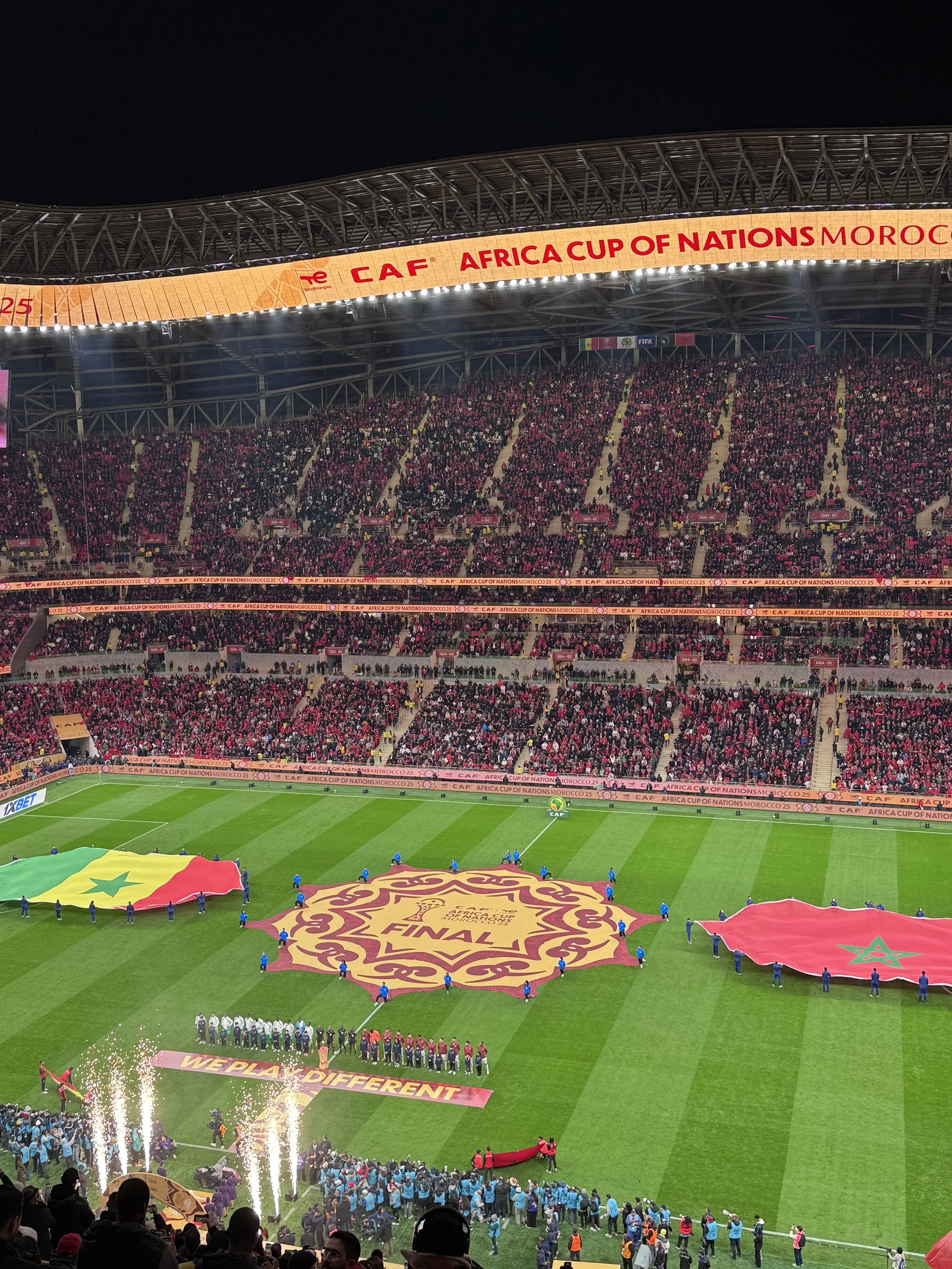
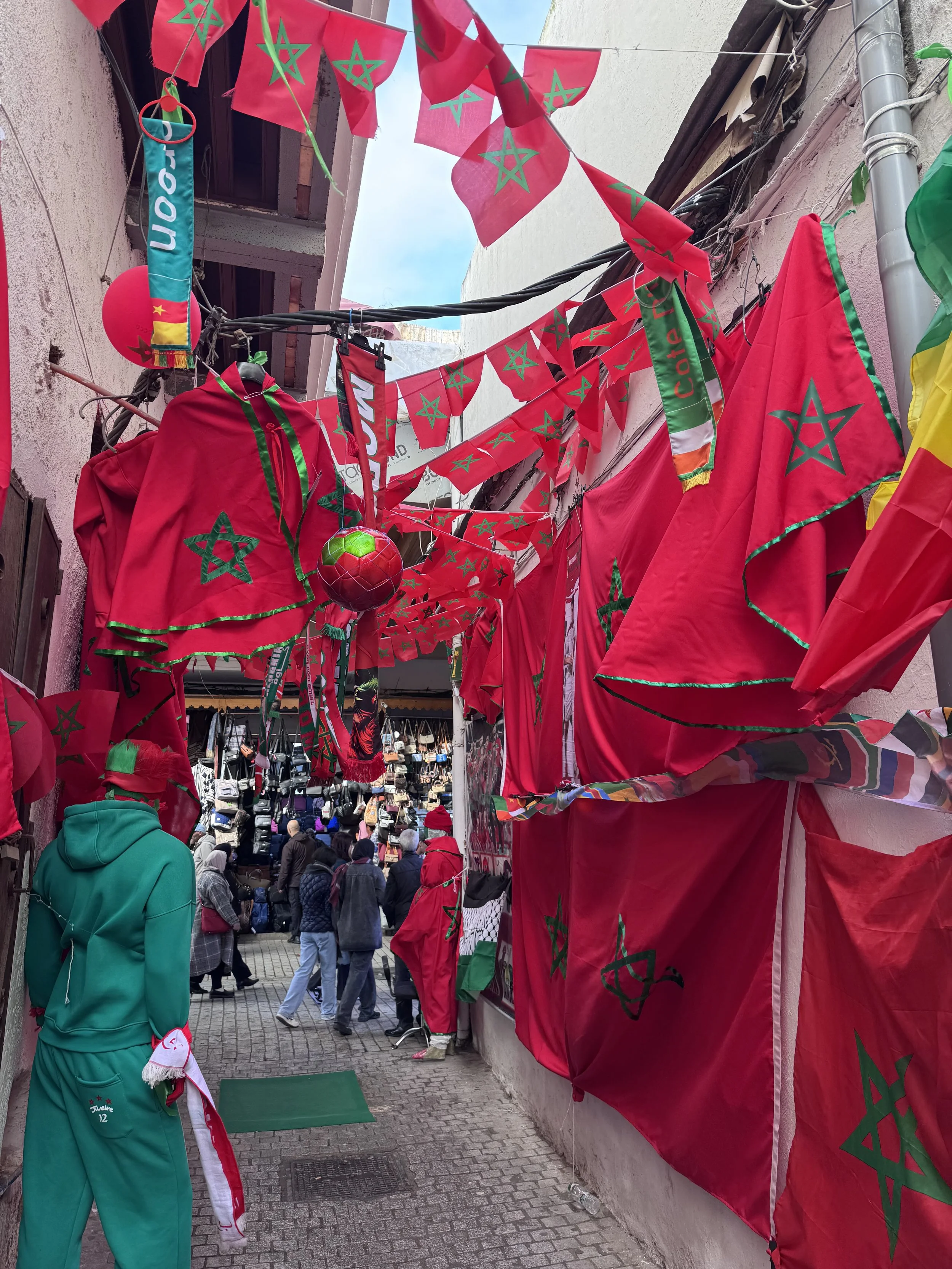
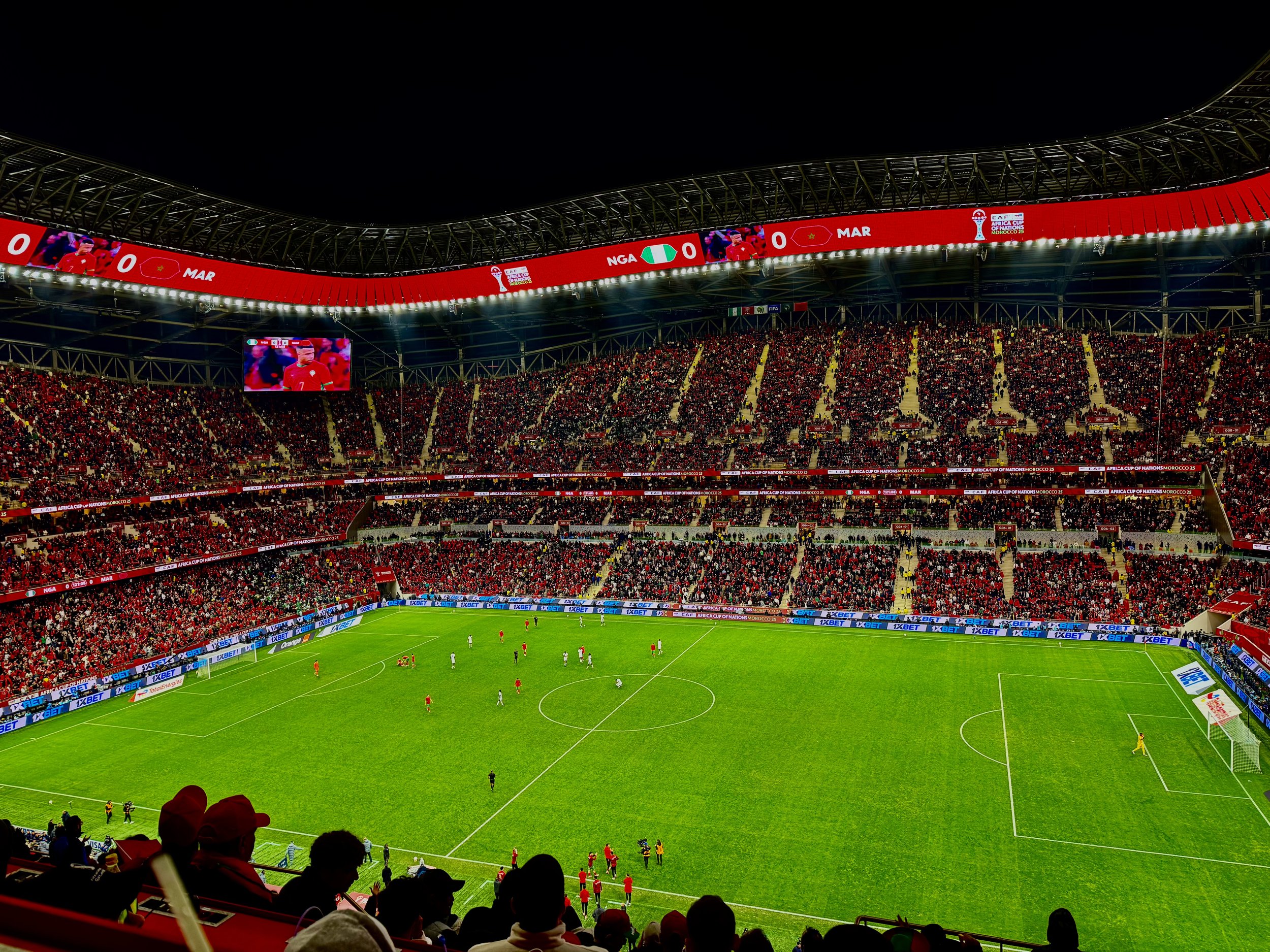
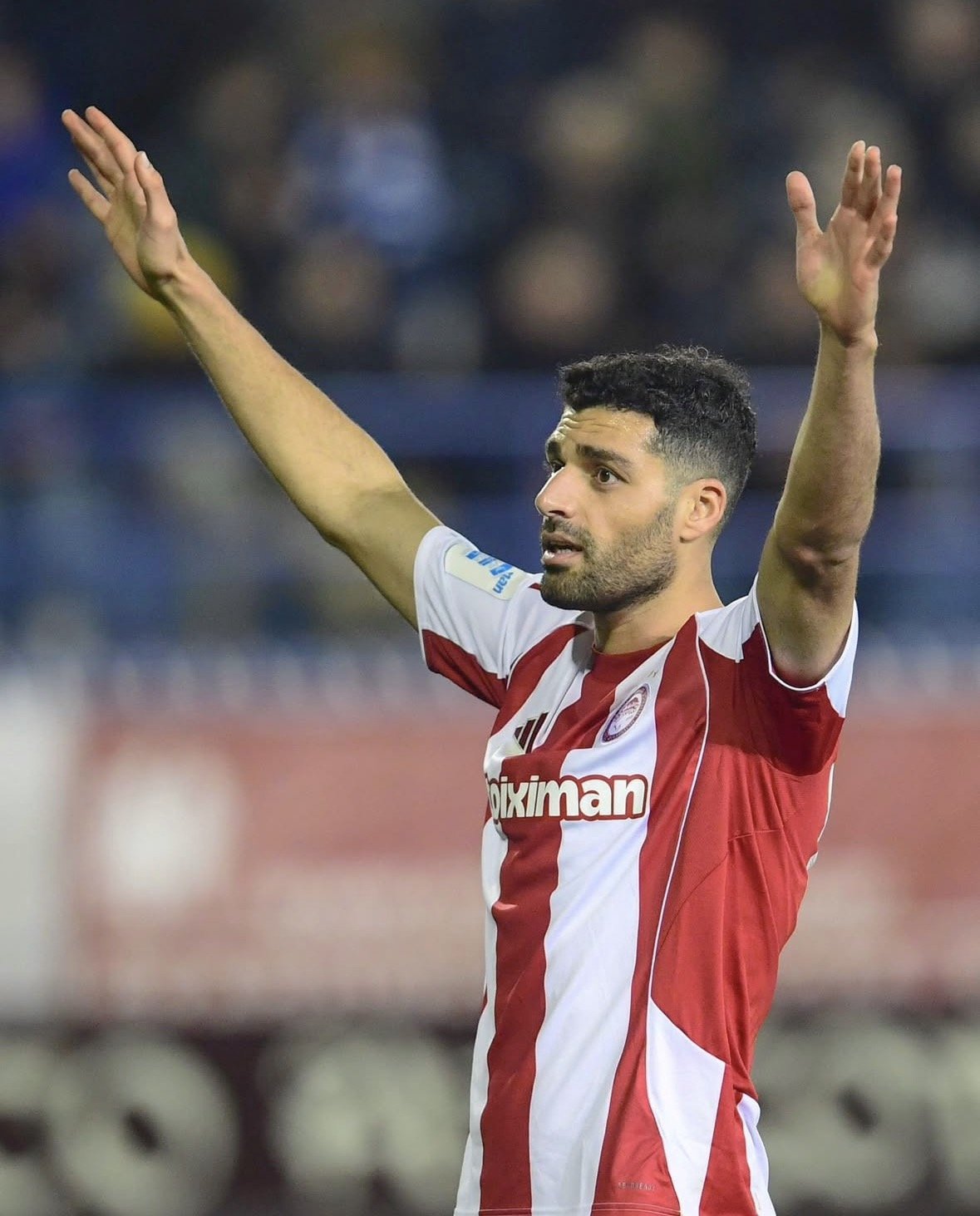
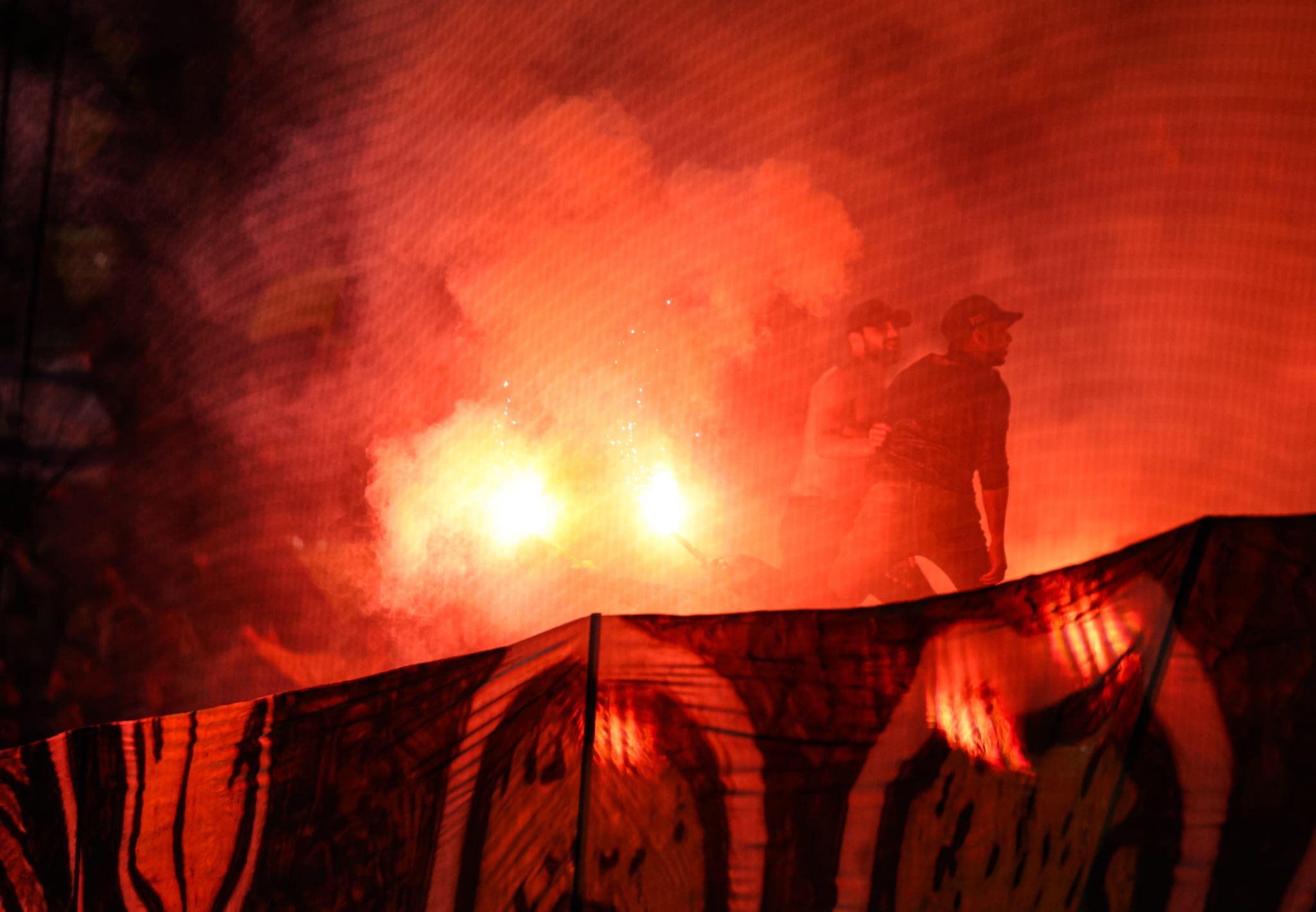

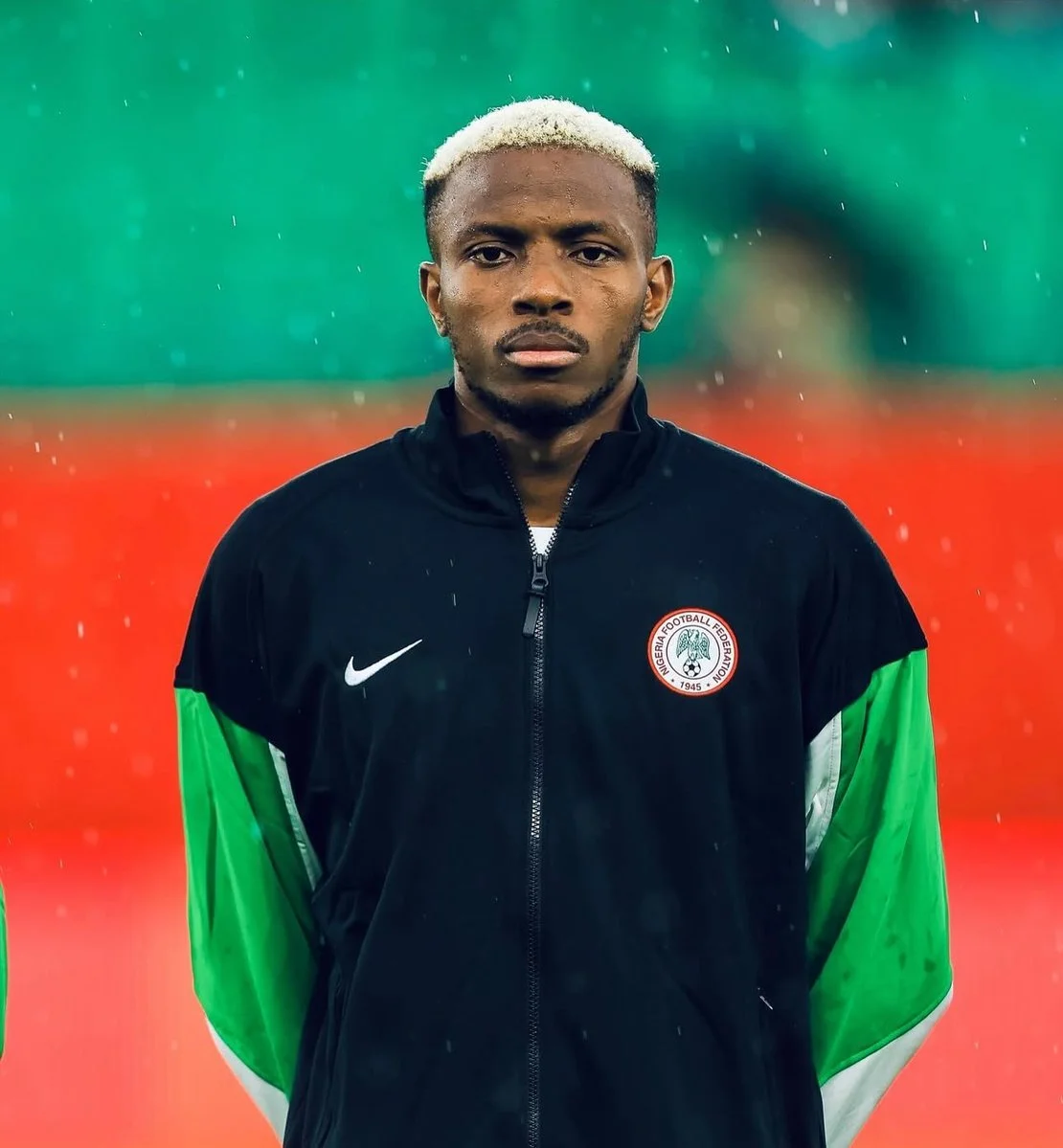
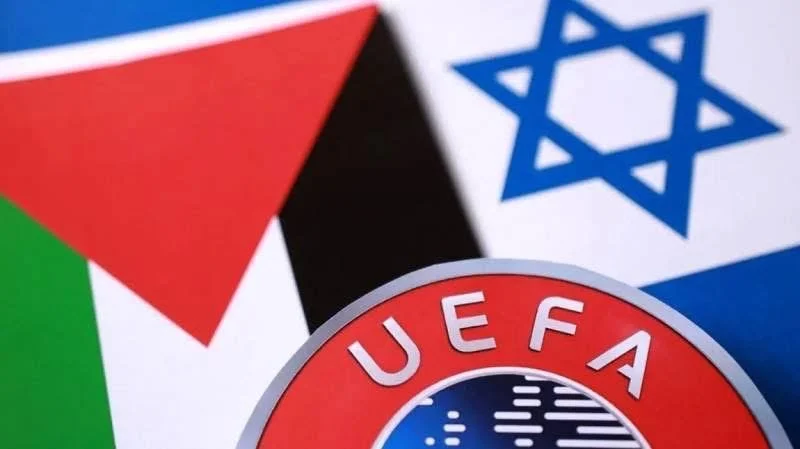

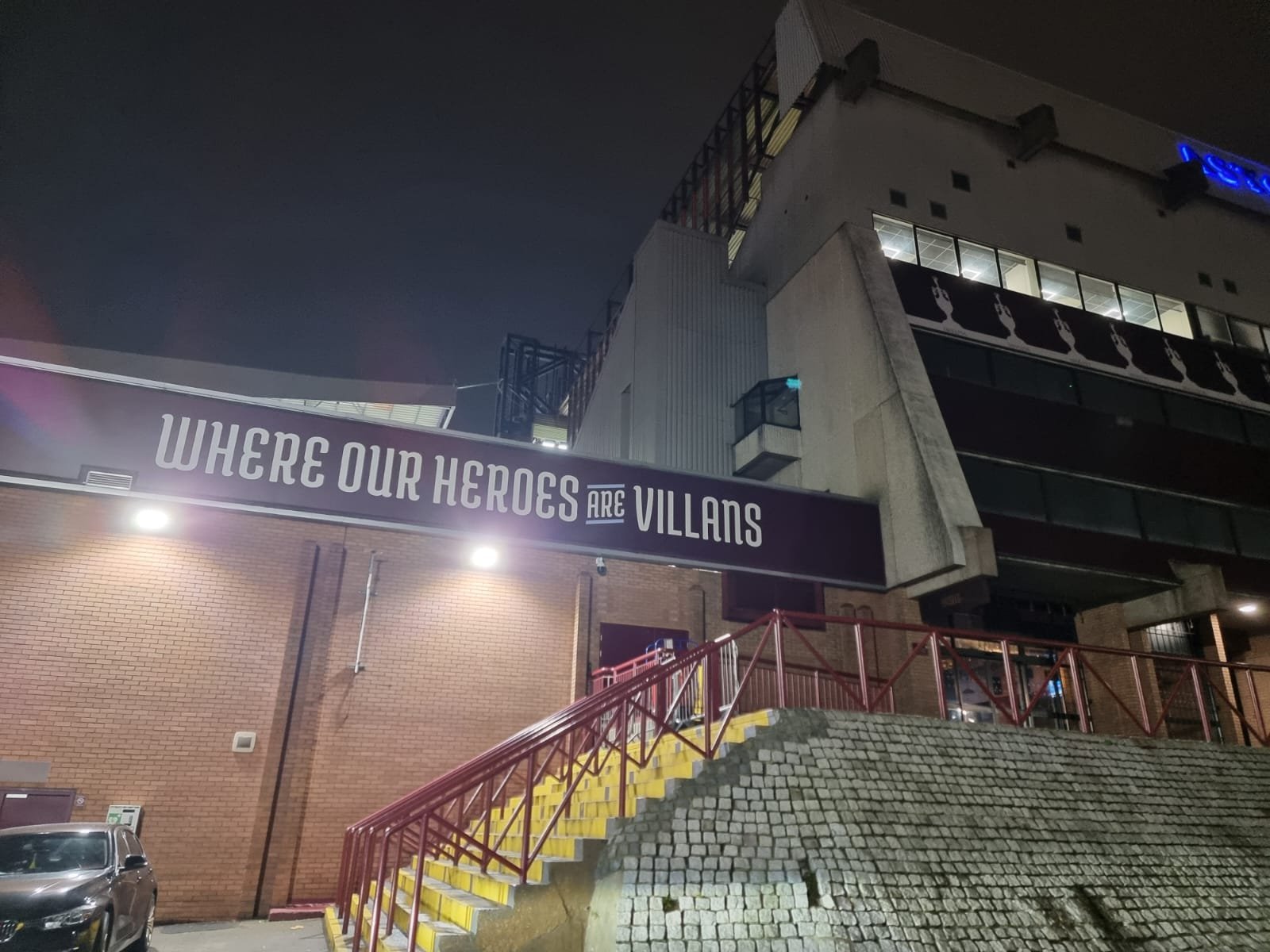
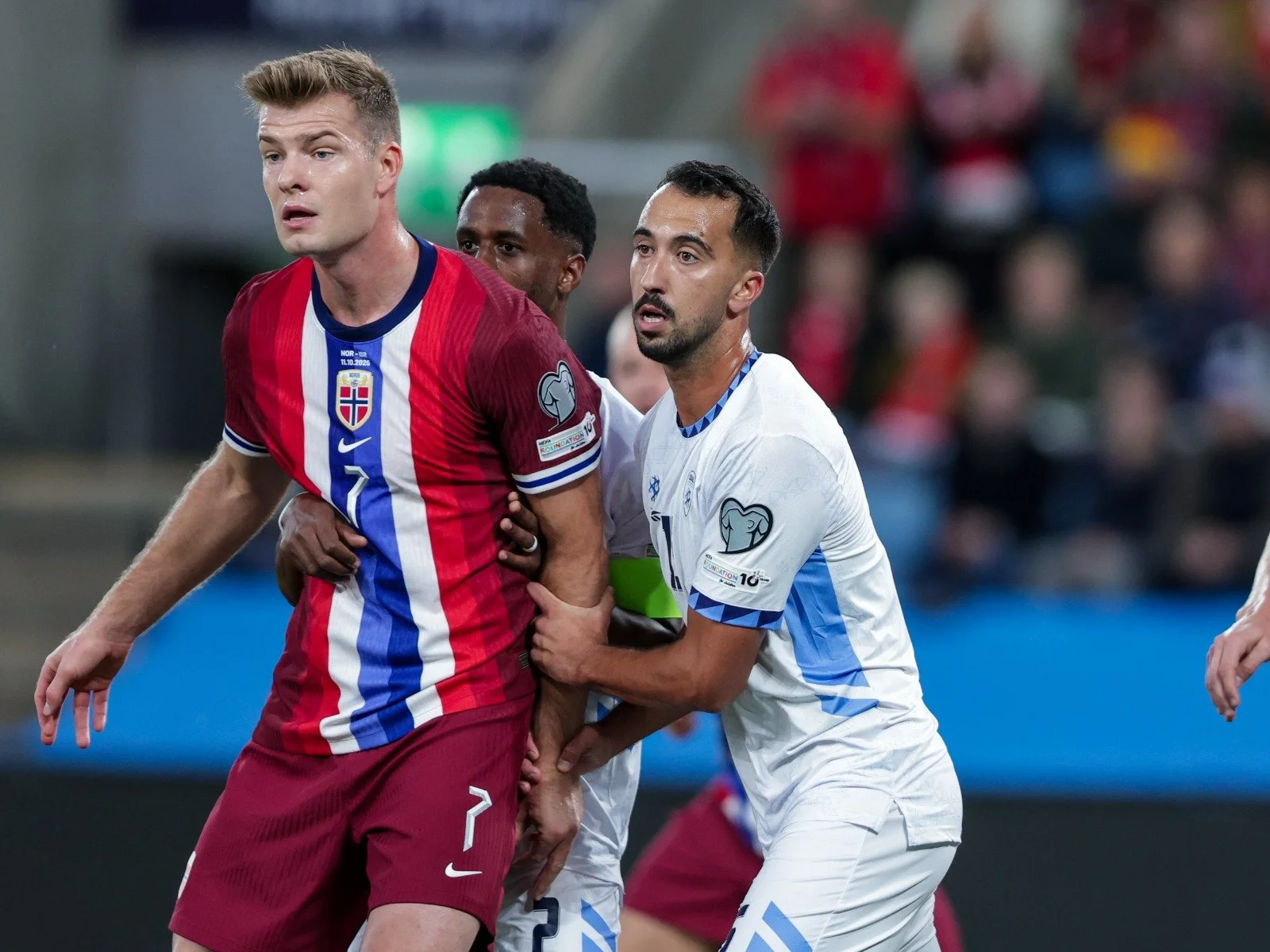

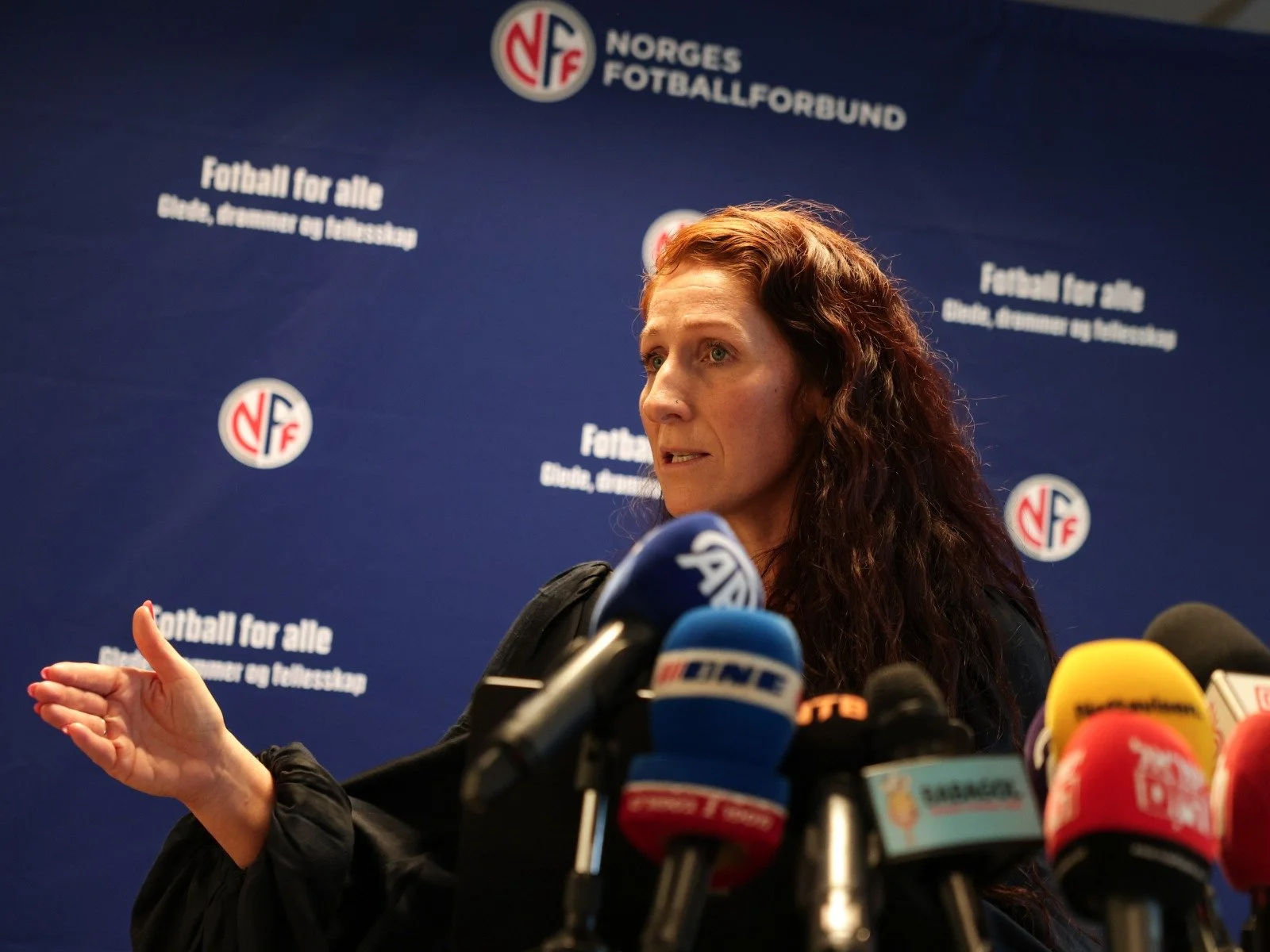
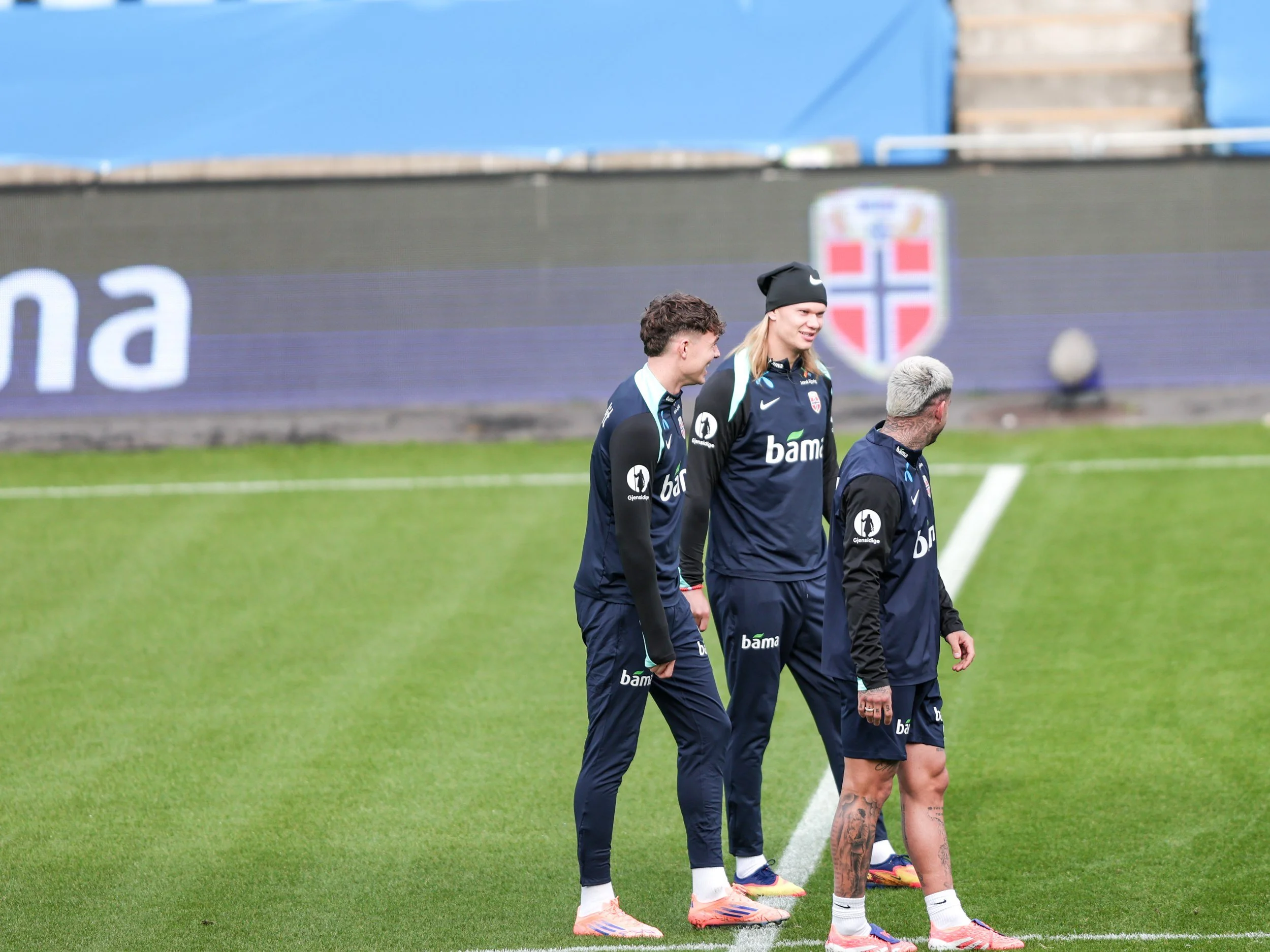
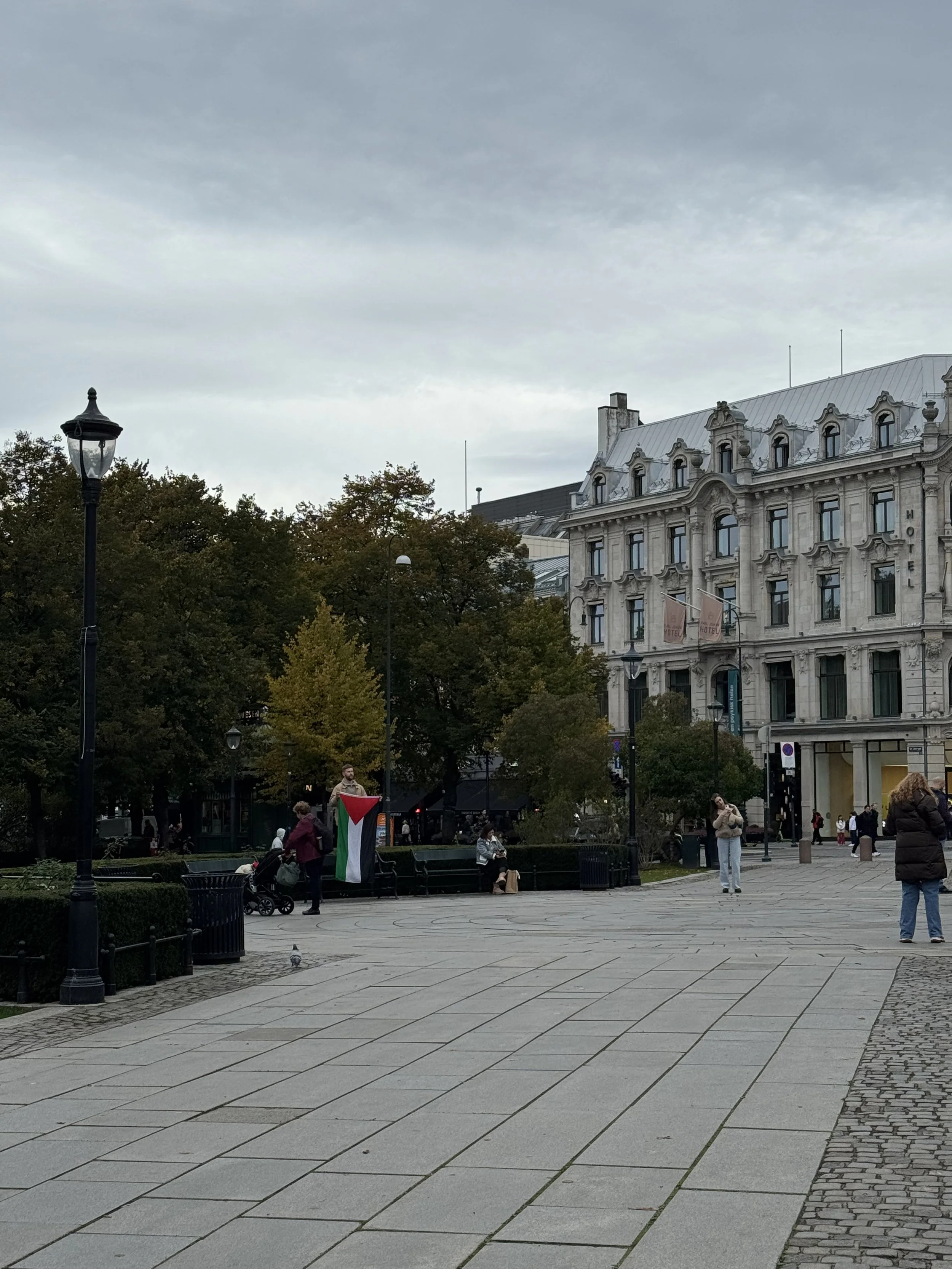
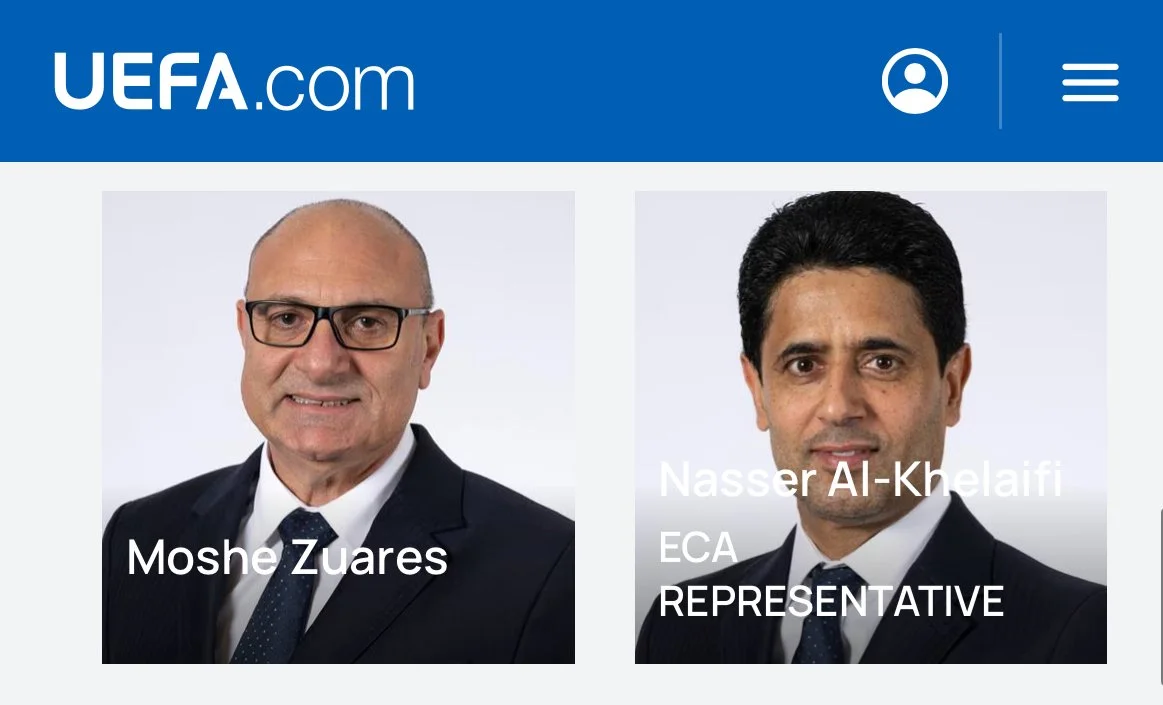

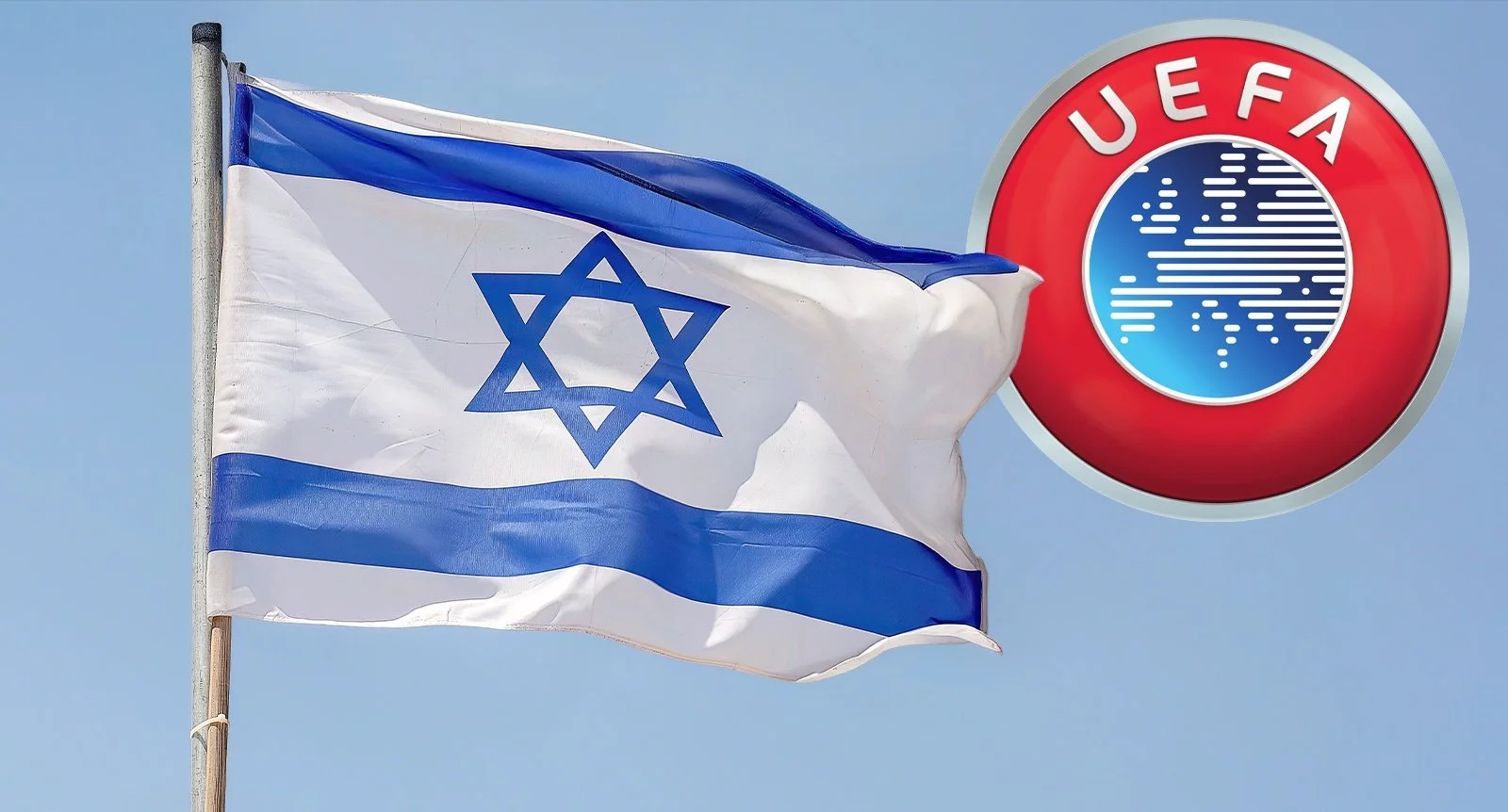
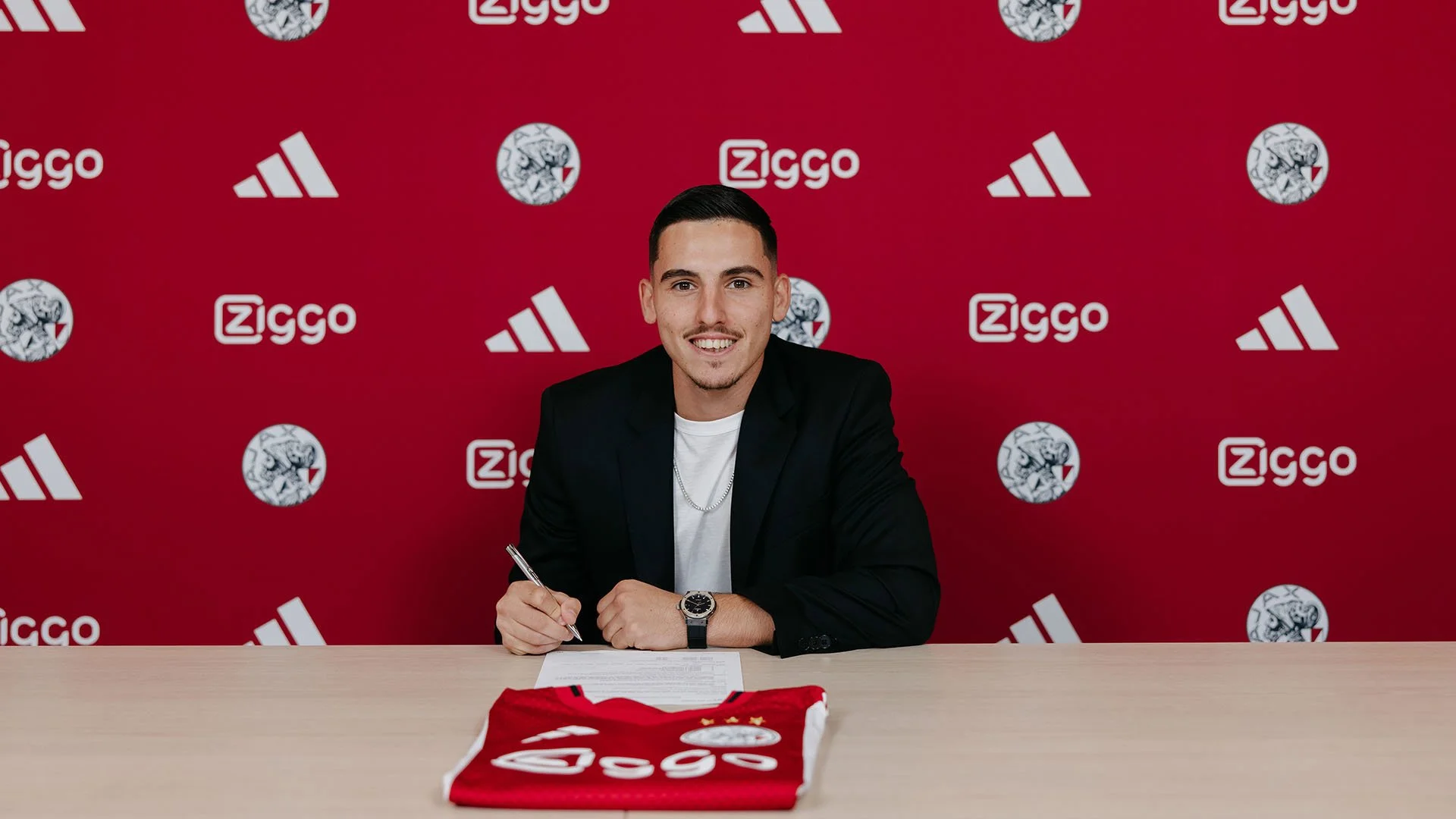
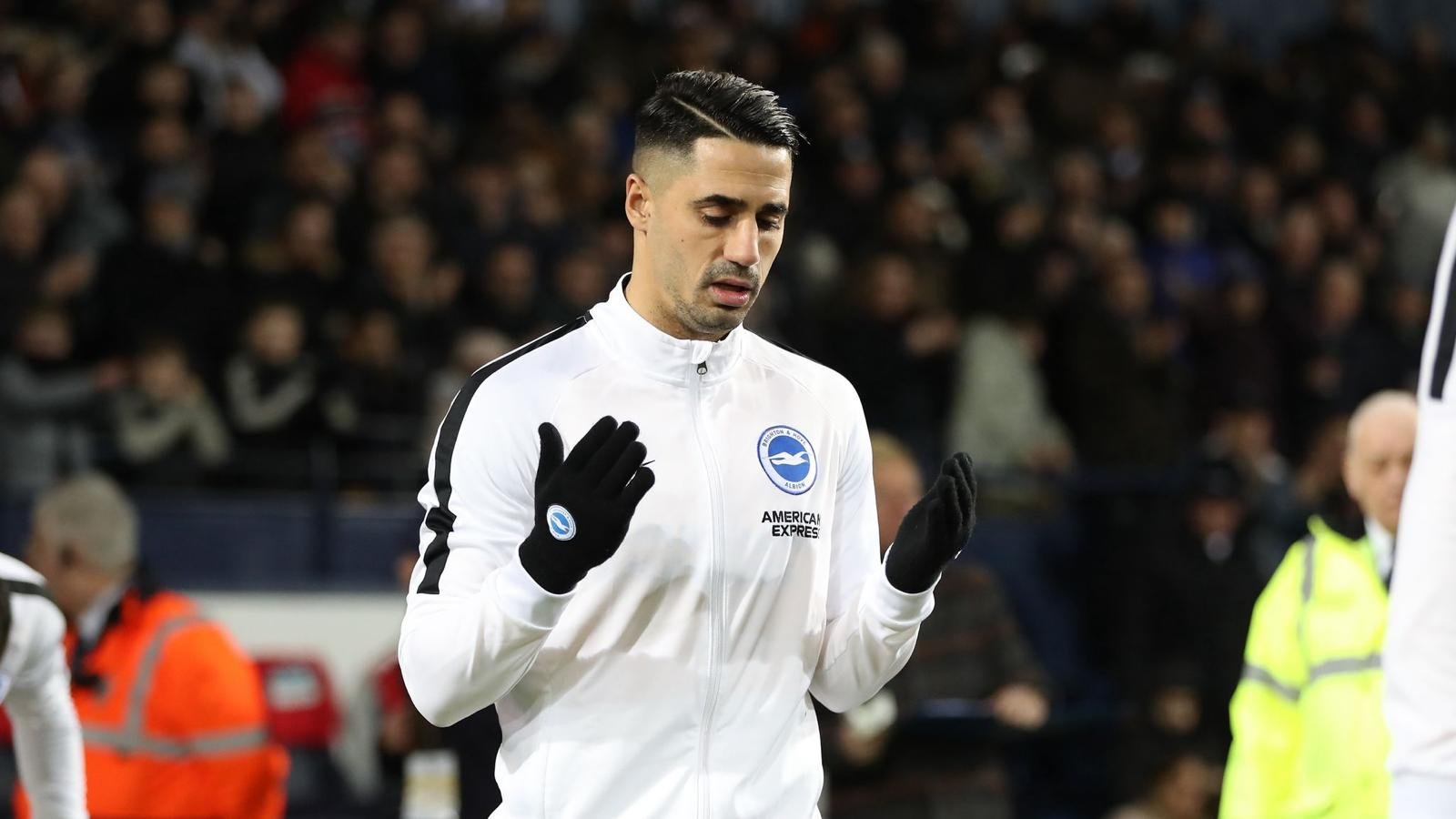
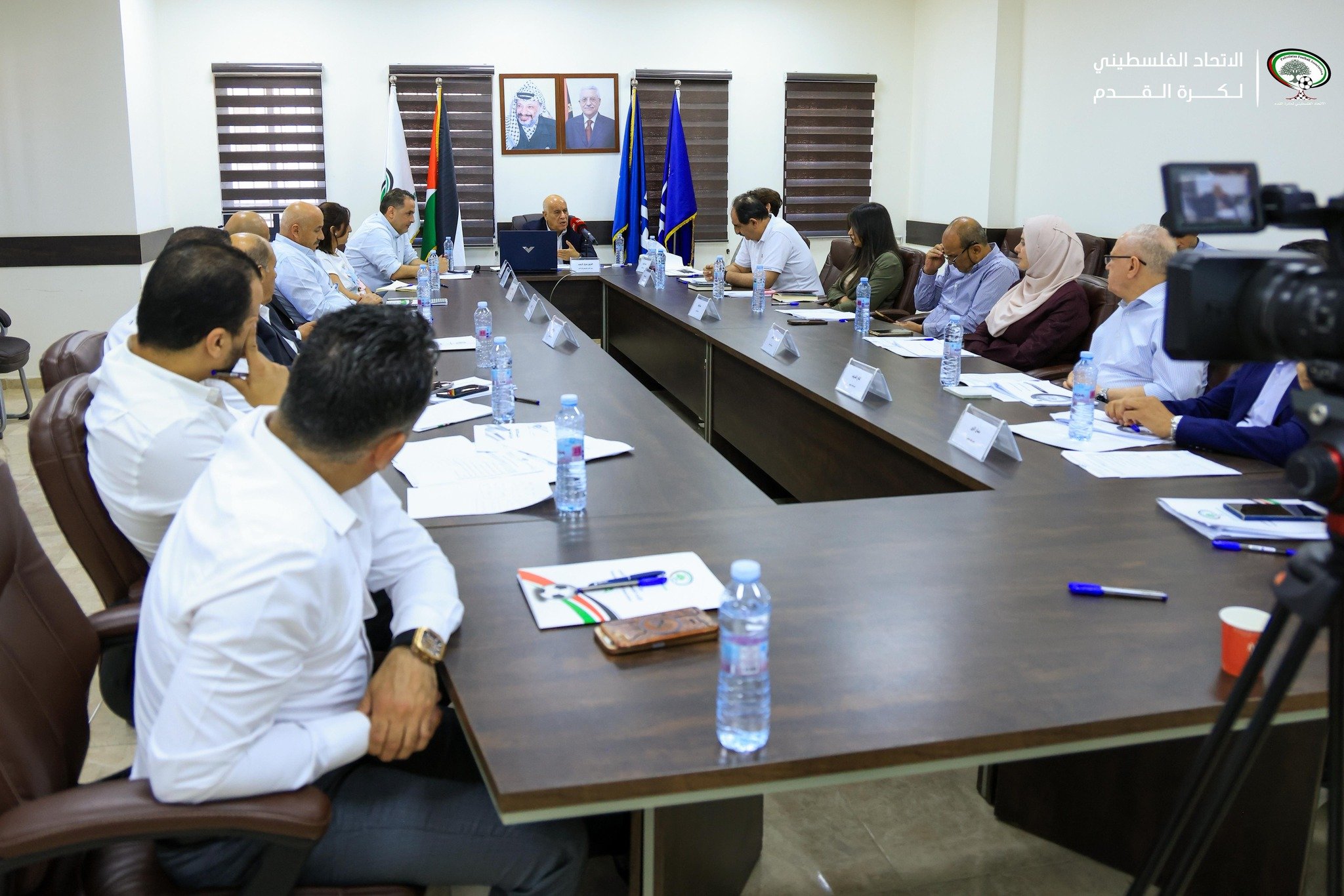
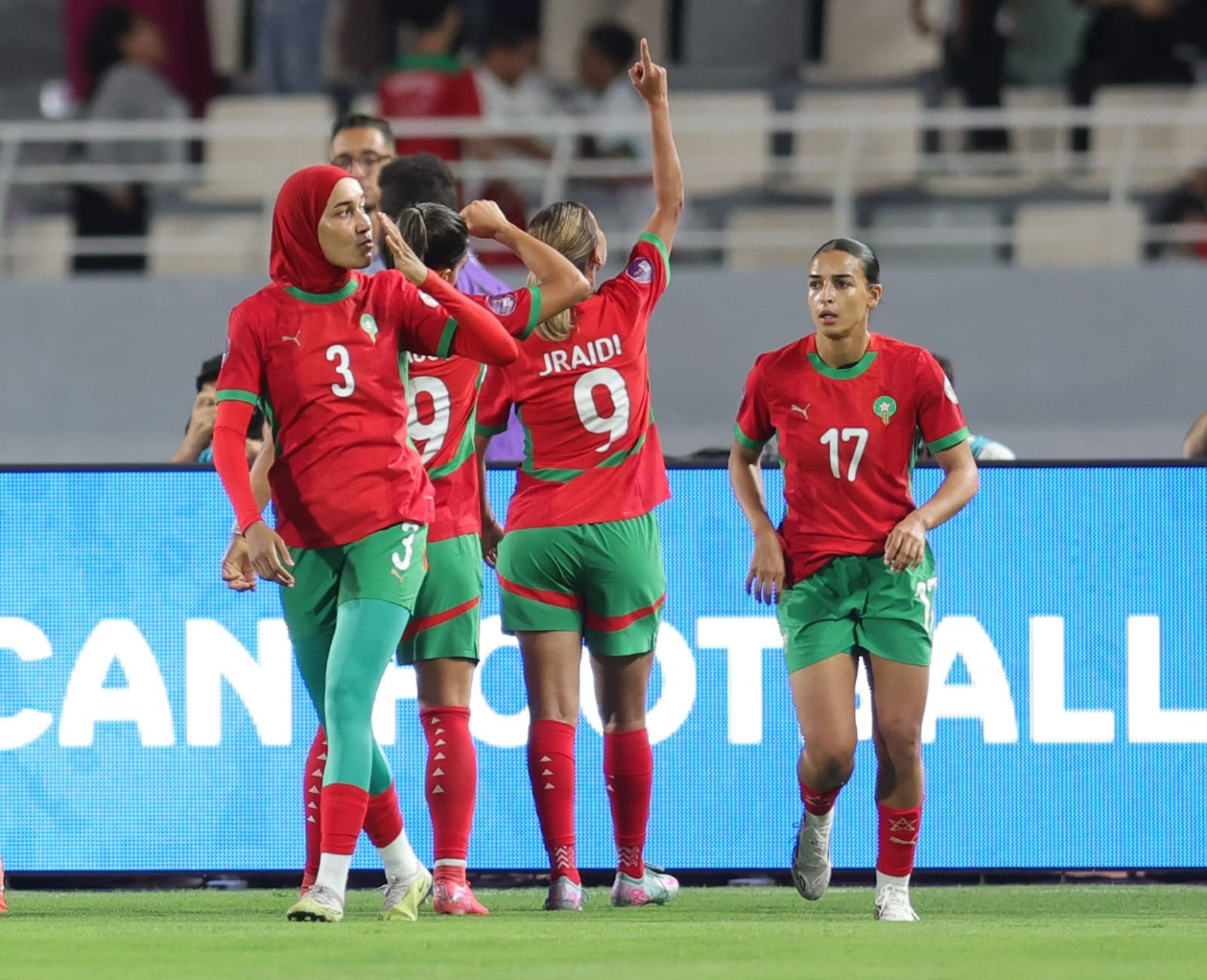


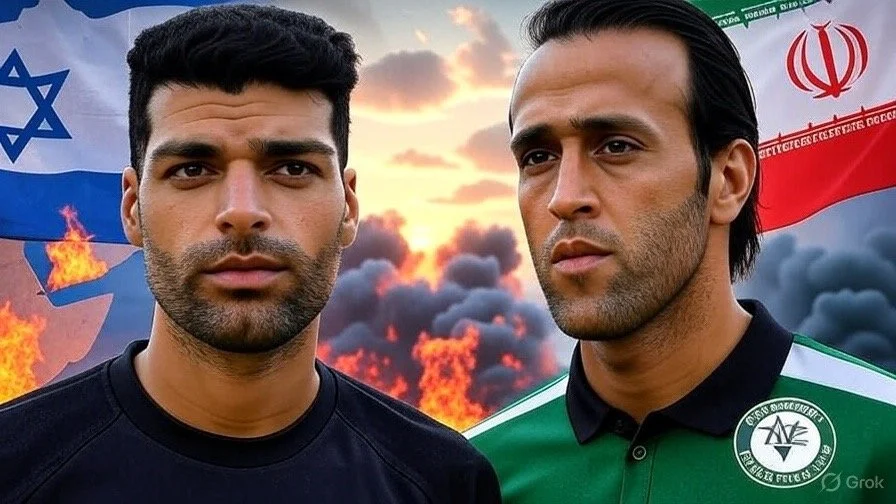



Beram Kayal reflects on a remarkable career from Maccabi Haifa to Celtic and Brighton, and his new mission to impact Arab football youth.